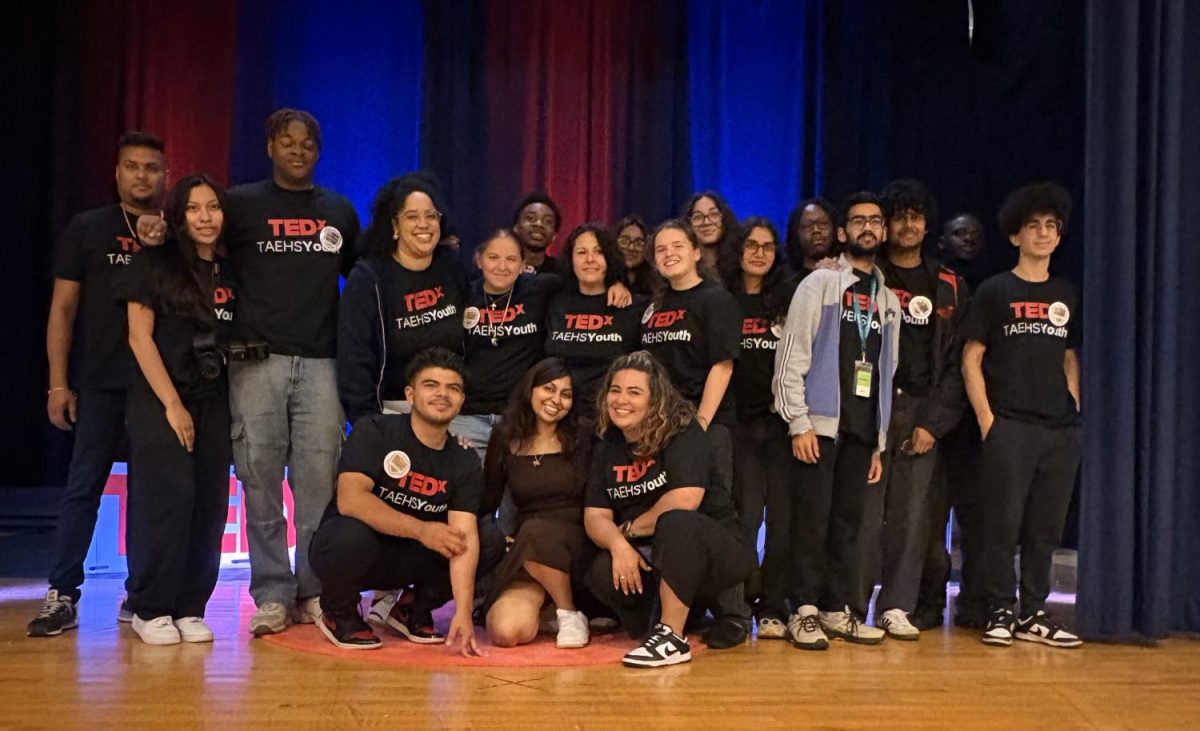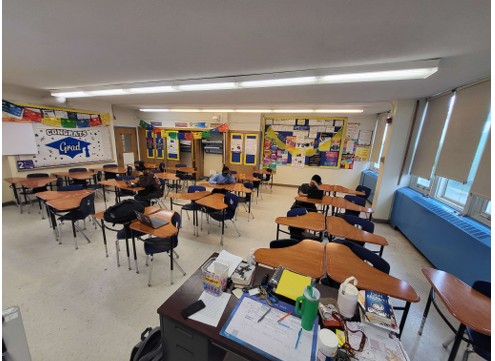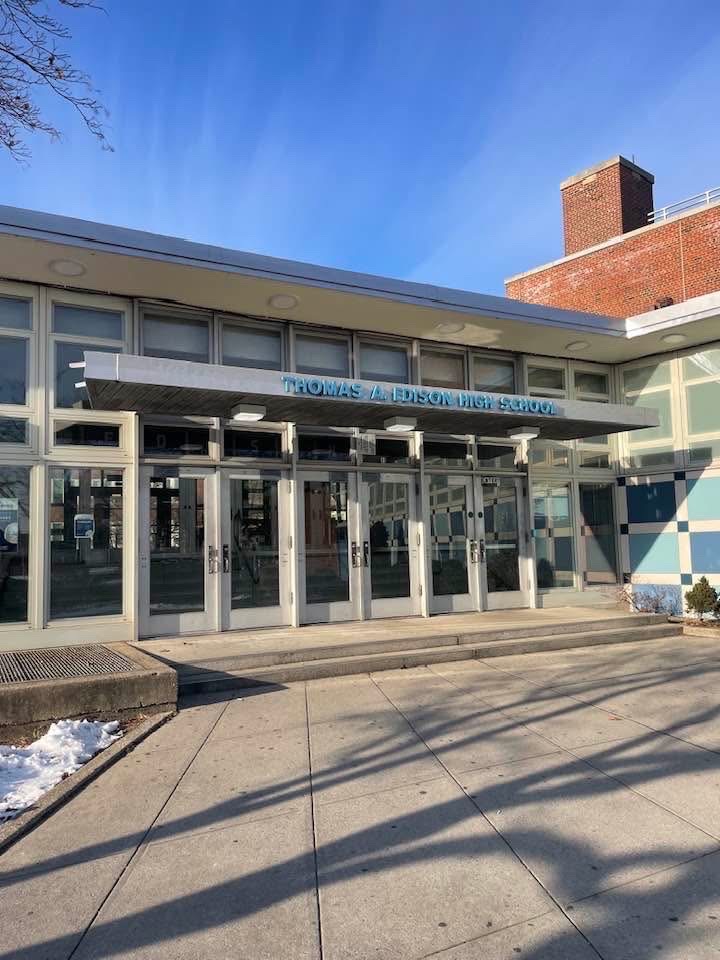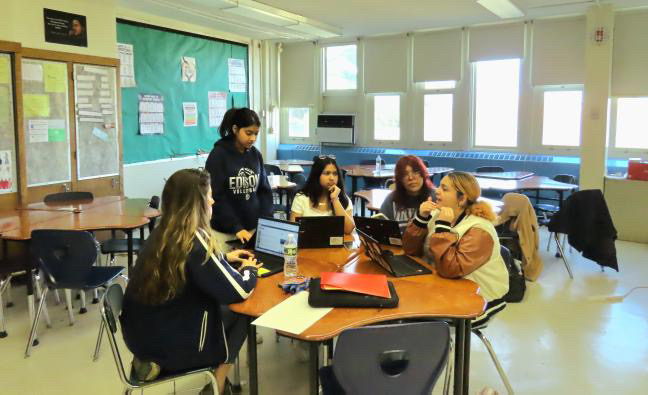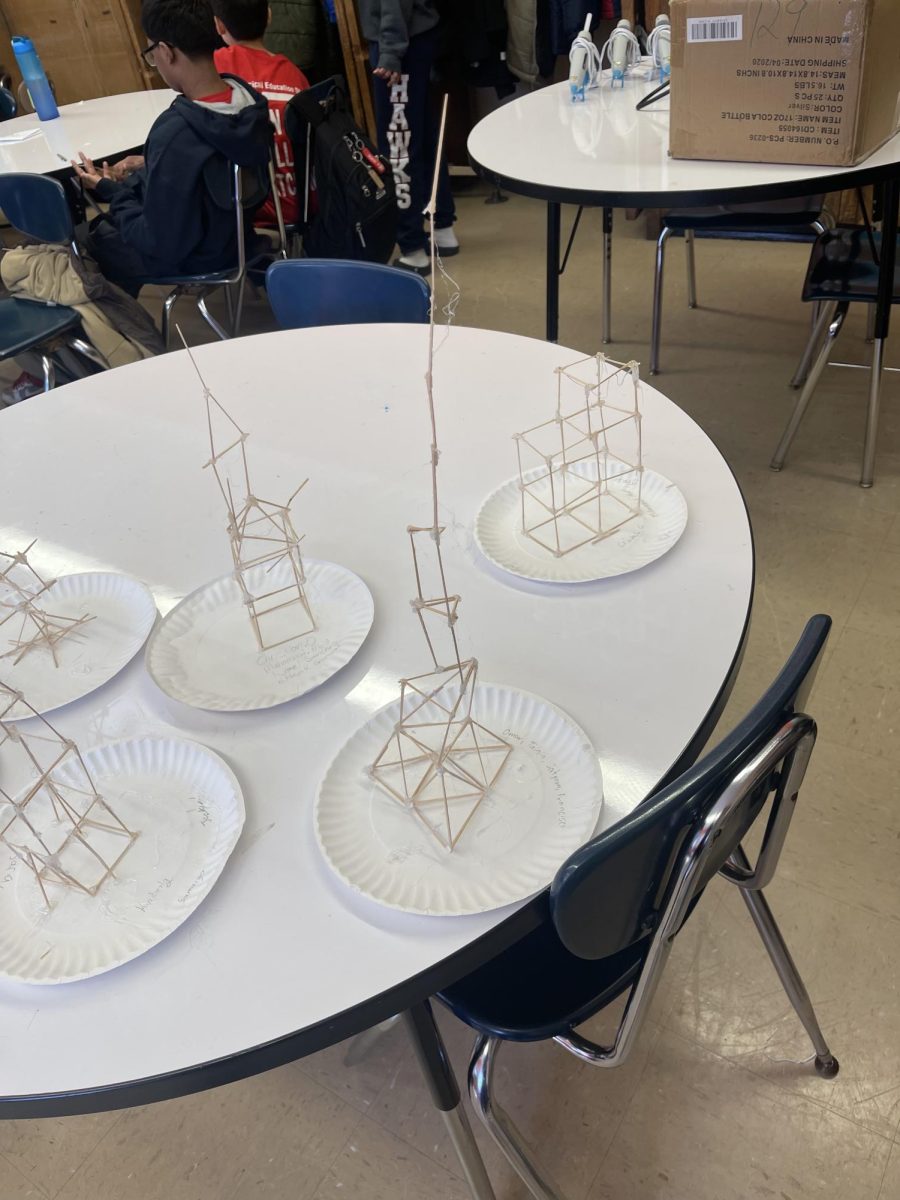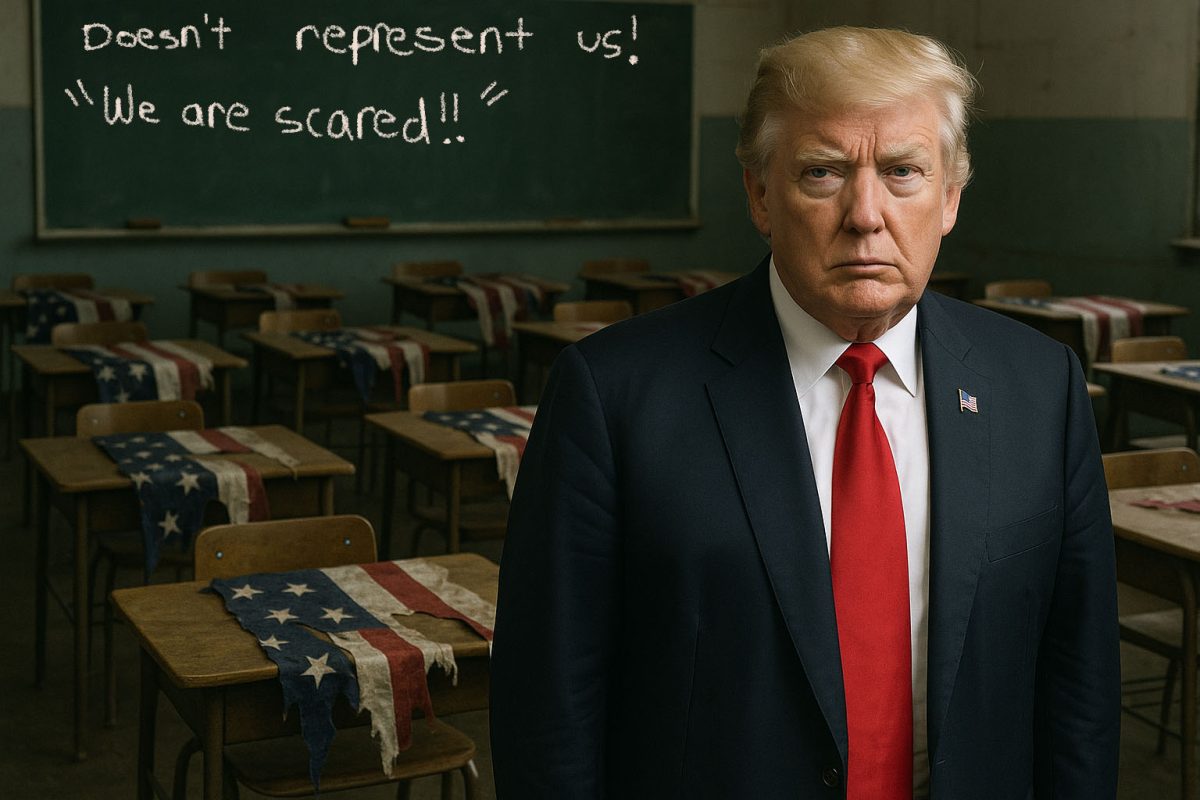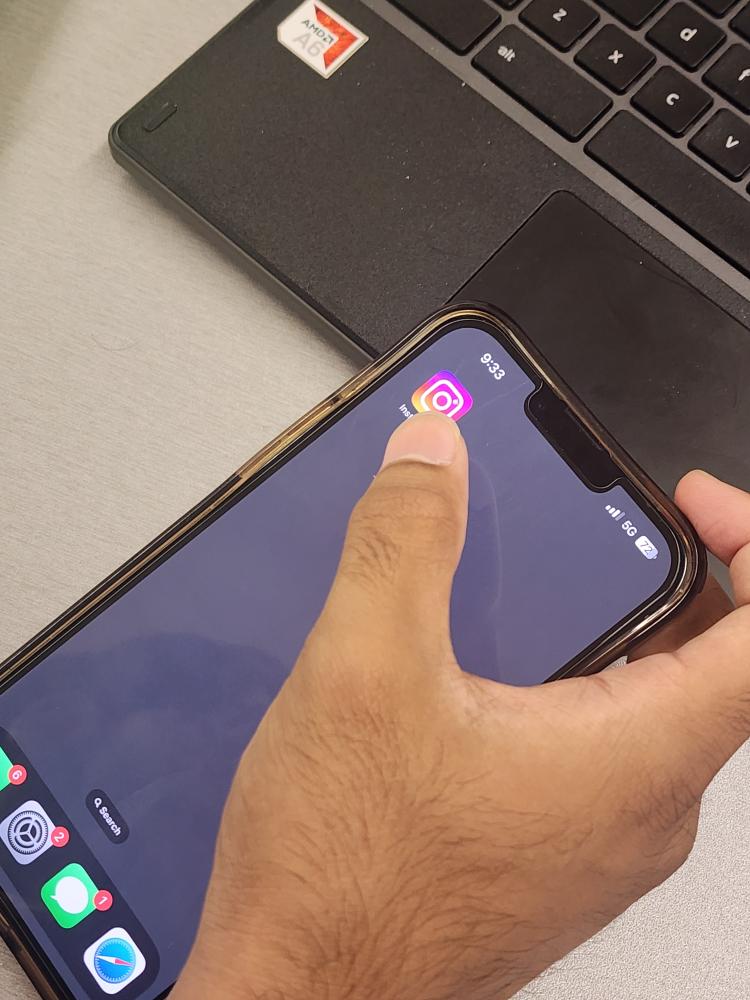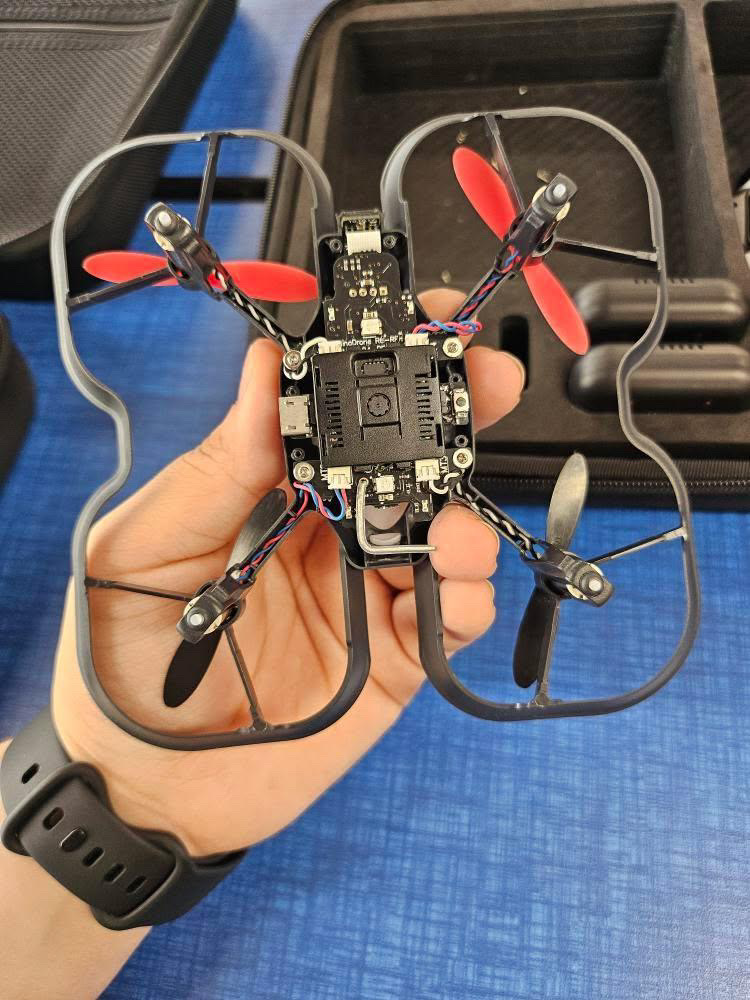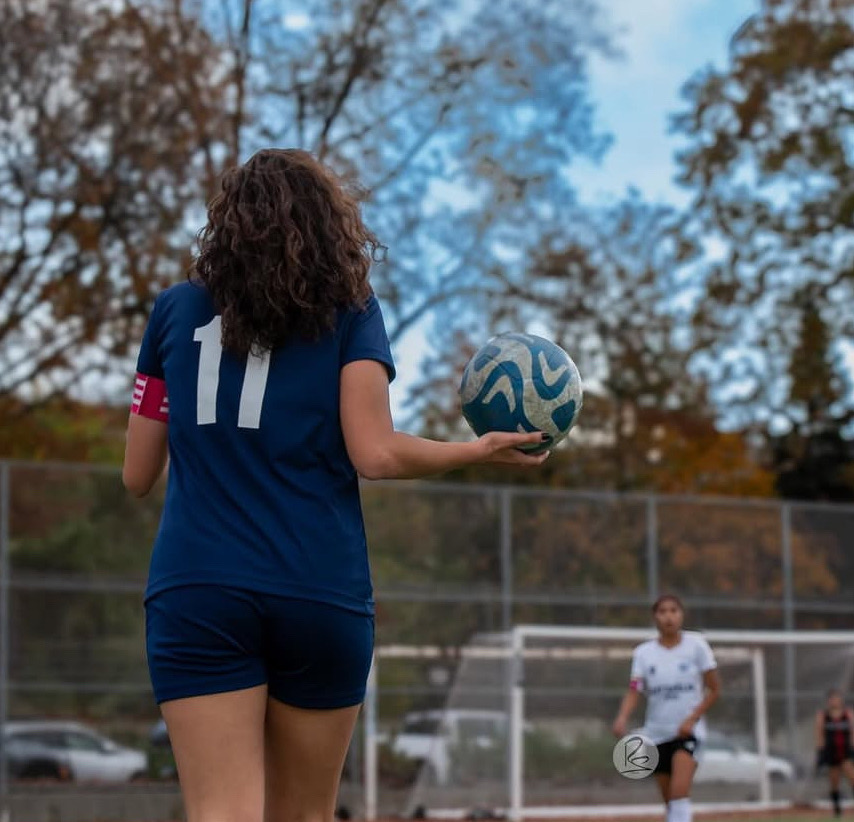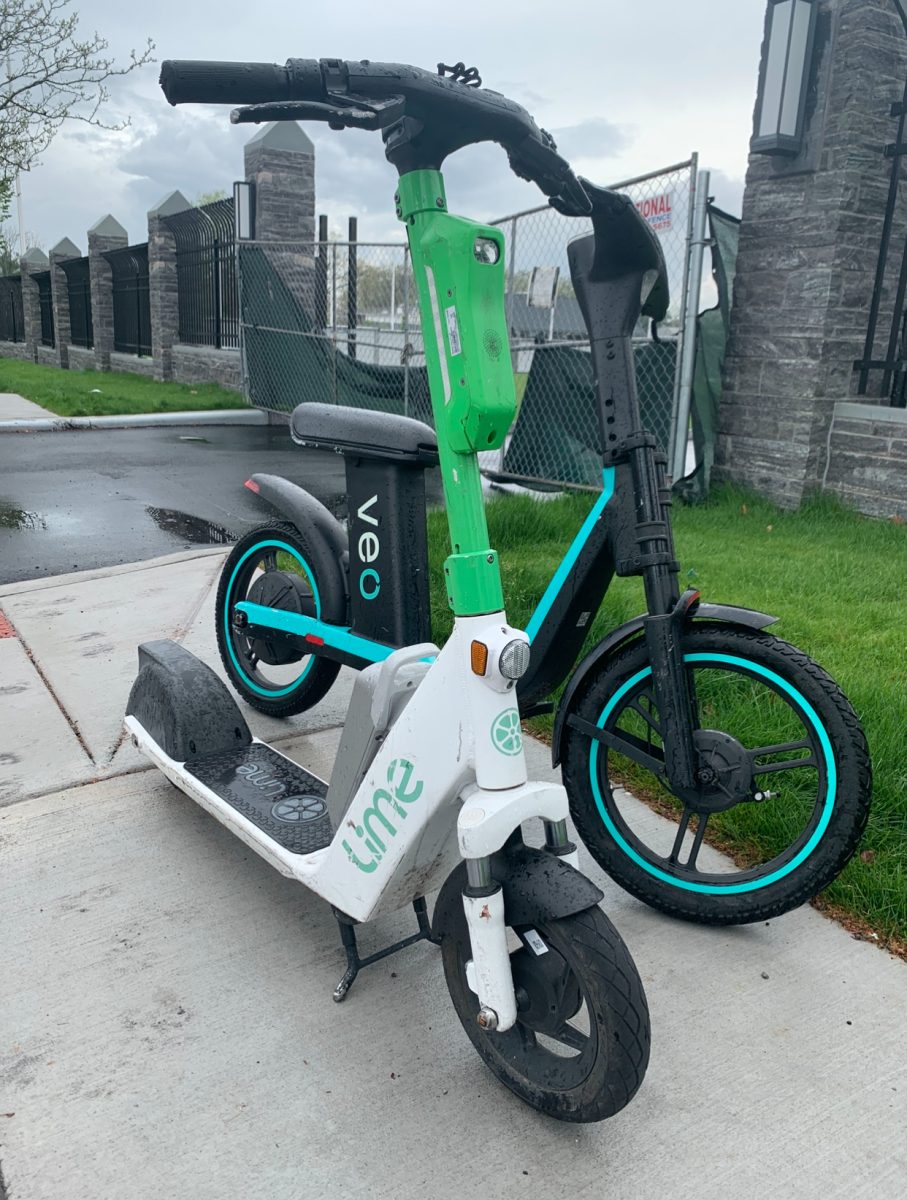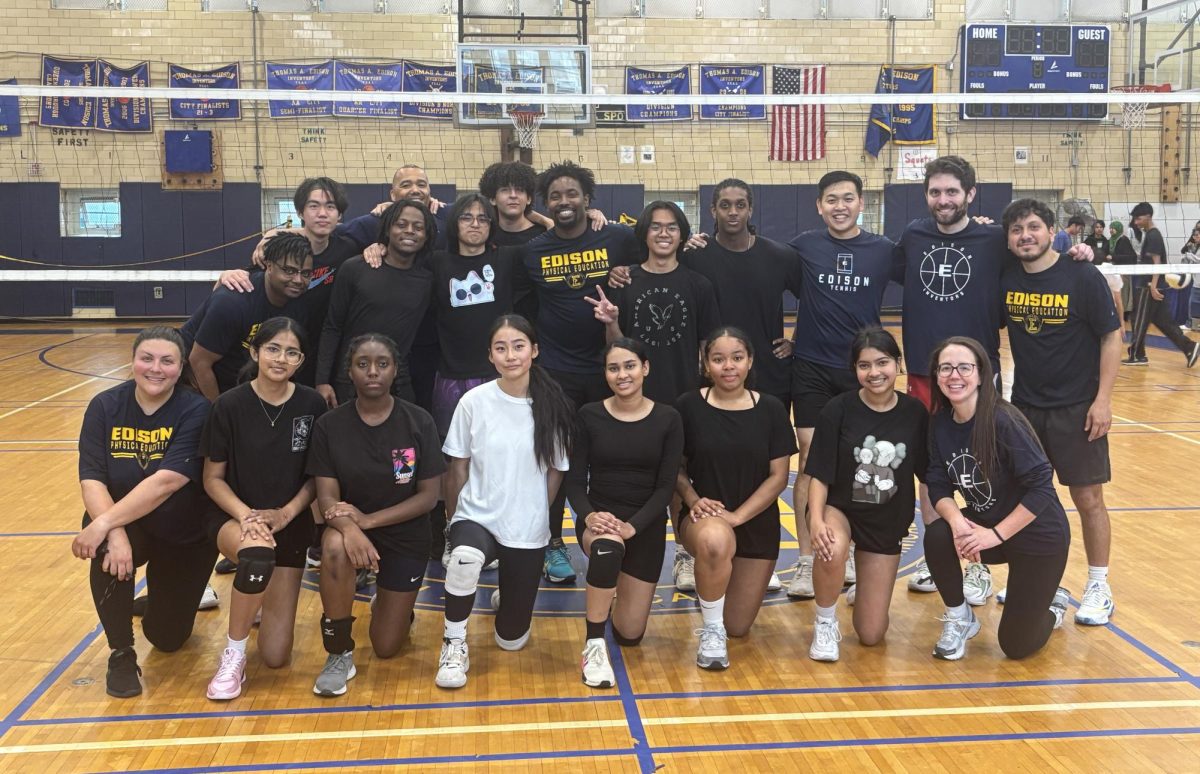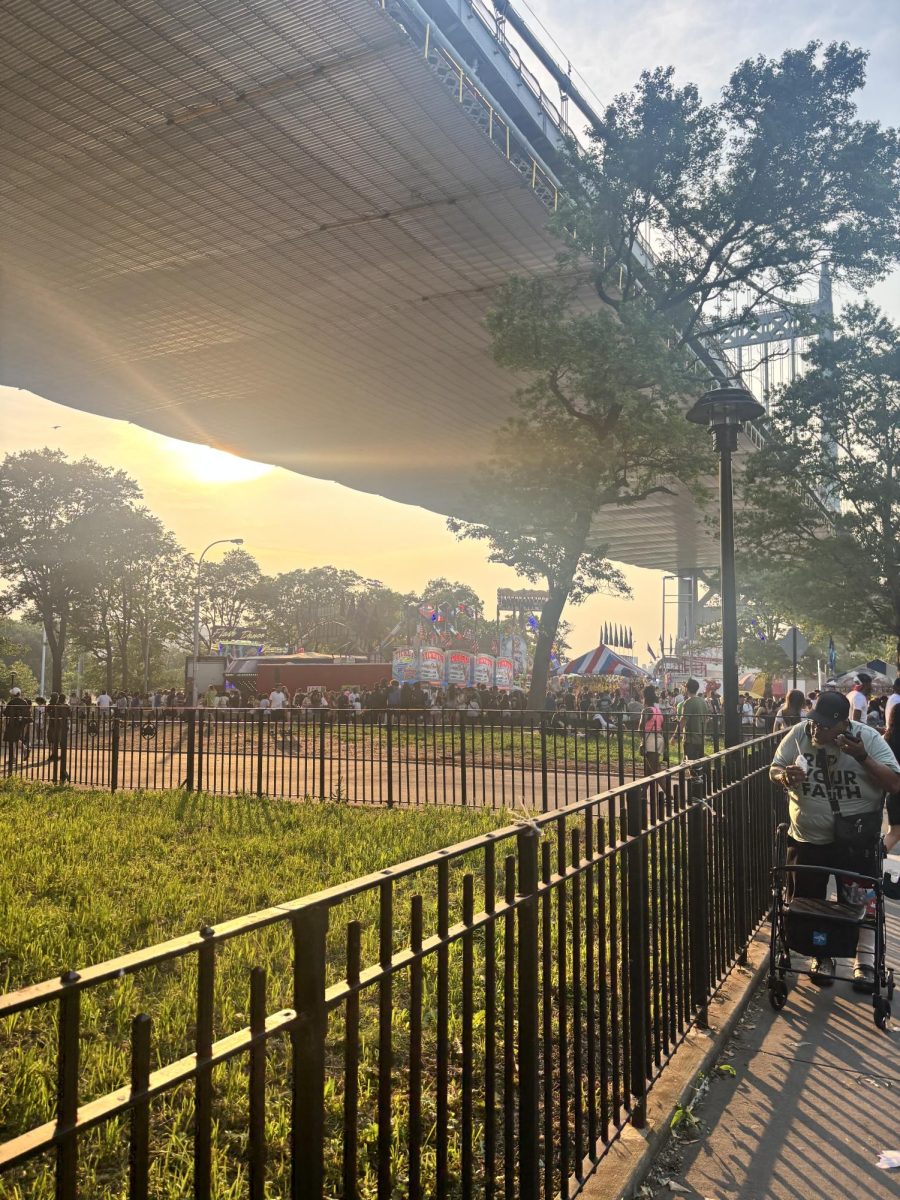On April 22nd, 2021, the United States House of Representatives voted for the second time under Democratic leadership to pass the (H.R. 51), or better known as the Washington D.C statehood, bill. The bill passed 216-208, with the votes being entirely partisan or along party lines. All House Democrats voted “Yea” for the bill except for 2 who did not vote. As for the House Republicans, all voted “Nay” for the bill, except for 4 who did not vote.
The proponents of the Bill believe that it is “unfair” that Washington D.C. has no Congressional Voting representation despite its residents paying taxes; they also say that the residents of D.C. have the right to self-determination. The opponents of the Bill, however, argue that D.C was ‘never meant to be a state” and that it is too small in area to be a state and would be a partisan state since all of the Federal Buildings are inside the current boundaries of D.C. The proponents also bring up that despite having a small area, “D.C has a larger population than both the state of Vermont and Wyoming.” Opponents usually argue back by saying that the bill is a partisan way for Democrats to get 2 additional senators and a representative since D.C is very solidly Democratic.
Though the bill passed in the House, it is almost guaranteed to fail in the Senate despite the Democrats having control with 50 of the 100 Senators and Democratic Vice President, Kamala Harris, acting as the tiebreaker. Conservative, or moderate, Democrat, West Virginia senator Joe Manchin has already stated that he will not vote to admit D.C as a state through H.R. 51. Senator Manchin said on the issue, “If Congress wants to make DC a state, it should propose a constitutional amendment. Let the people of America vote.” This, however, would be much harder to accomplish since for an amendment to be added to the Constitution, 3/4ths or 38 out of the 50 states’ legislatures would have to vote to ratify the amendment and most state legislatures are under the control of the Gop who oppose the idea of D.C. statehood.
Thomas Edison High School Social Studies teacher Myrtia Petroutsos weighed in on the matter of the bill’s Constitutionality by saying, “I think that the particular area does have a right to apply for statehood.” She, however, continued by saying, “I am not opposed to the bill, but I think that it is politically motivated. I am always skeptical of Democrat or Republican-driven bills.” Ms. Petroutsos finally ended by saying that she would like to hear more from the actual residents of D.C, and she is not alone in saying that since millions across the country are still undecided as to where they stand on this issue. Fahima Ria, a New York City student, is also undecided on the bill, but said, “Everyone should get representation in Congress if they pay taxes.”
Only time will, however, tell whether D.C will ever get statehood or not. Many people believe that if Democrats can increase their majority in the Senate in the 2022 mid-term elections, they won’t have to rely on Senator Joe Manchin’s vote to pass the bill, but to know for sure, we would have to wait until 2022.

